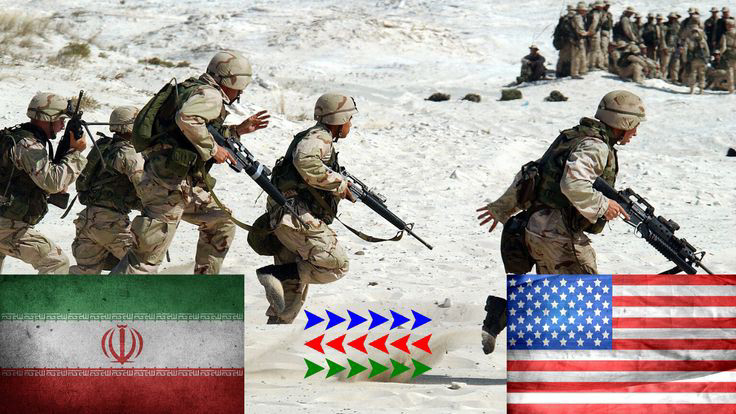Examining America's Role in the Struggles of Iran
In the 20th century, the US played a significant role in shaping the political landscape of Iran. In 1953, the US and British intelligence agencies orchestrated a coup to overthrow Iran's democratically elected Prime Minister Mohammad Mossadegh, who had nationalized the country's oil industry. The coup installed a pro-Western monarch, Mohammad Reza Pahlavi, who ruled as an authoritarian until he was overthrown in the Islamic Revolution of 1979.
The US and Iran's relations deteriorated significantly following the revolution, with the US embassy in Tehran being seized and 52 American hostages being held for over a year. The US imposed economic sanctions on Iran, which have been in place in some form ever since.
In the 1980s, the US provided support to Iraq during the Iran-Iraq War, which resulted in the deaths of hundreds of thousands of Iranians. The US also provided weapons to Iran during the Iran-Contra scandal, in which the Reagan administration secretly sold arms to Iran in exchange for the release of American hostages in Lebanon.
In 2015, the US, along with several other world powers, negotiated the Joint Comprehensive Plan of Action (JCPOA) with Iran, aimed at limiting Iran's nuclear program in exchange for the lifting of economic sanctions. However, in 2018, the Trump administration withdrew from the JCPOA and reimposed economic sanctions, which have significantly hurt Iran's economy.
It is worth noting that the US is not solely responsible for the challenges faced by Iran. Iran's government has played a significant role in its own economic and political struggles. However, the US's history of intervention in Iran and its role in imposing economic sanctions have undoubtedly contributed to Iran's difficulties.
In conclusion, while the US is not solely responsible for the challenges faced by Iran, its history of intervention and imposition of economic sanctions have contributed significantly. The complex web of factors that have shaped the US-Iran relationship cannot be reduced to a single cause or actor, but it is worth examining the role that the US has played in shaping the current state of affairs.



Comments
Post a Comment